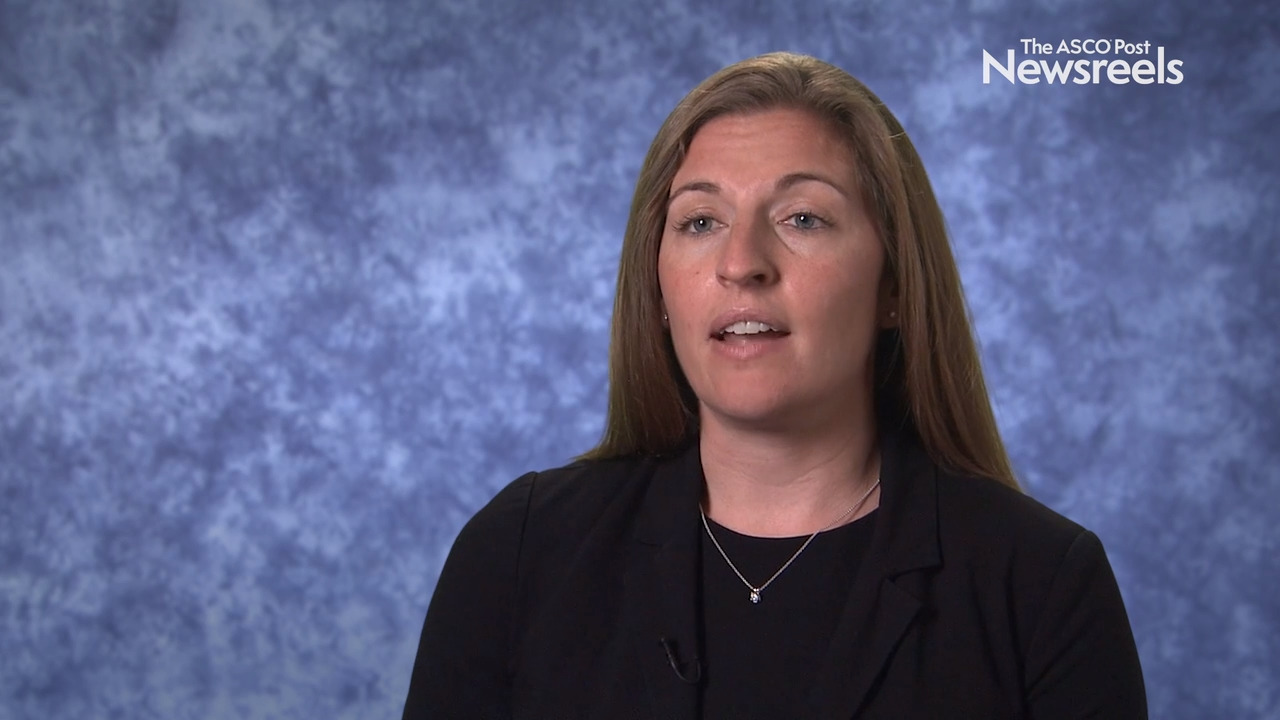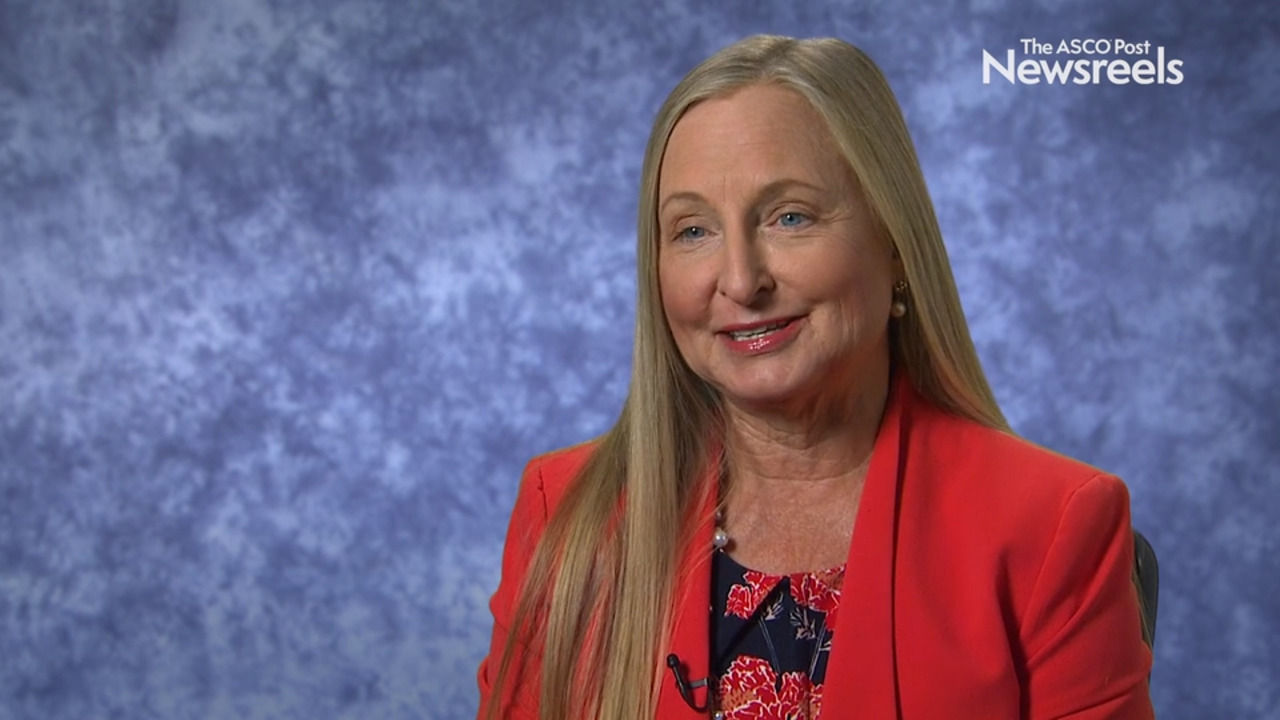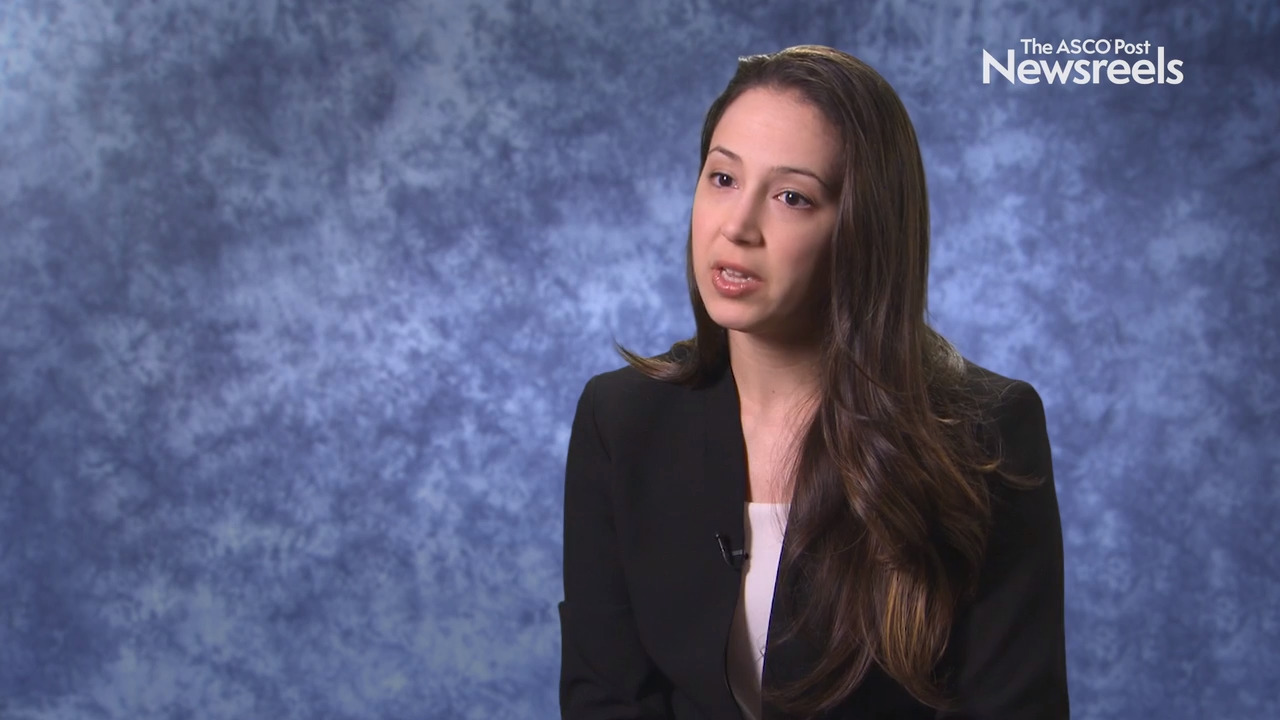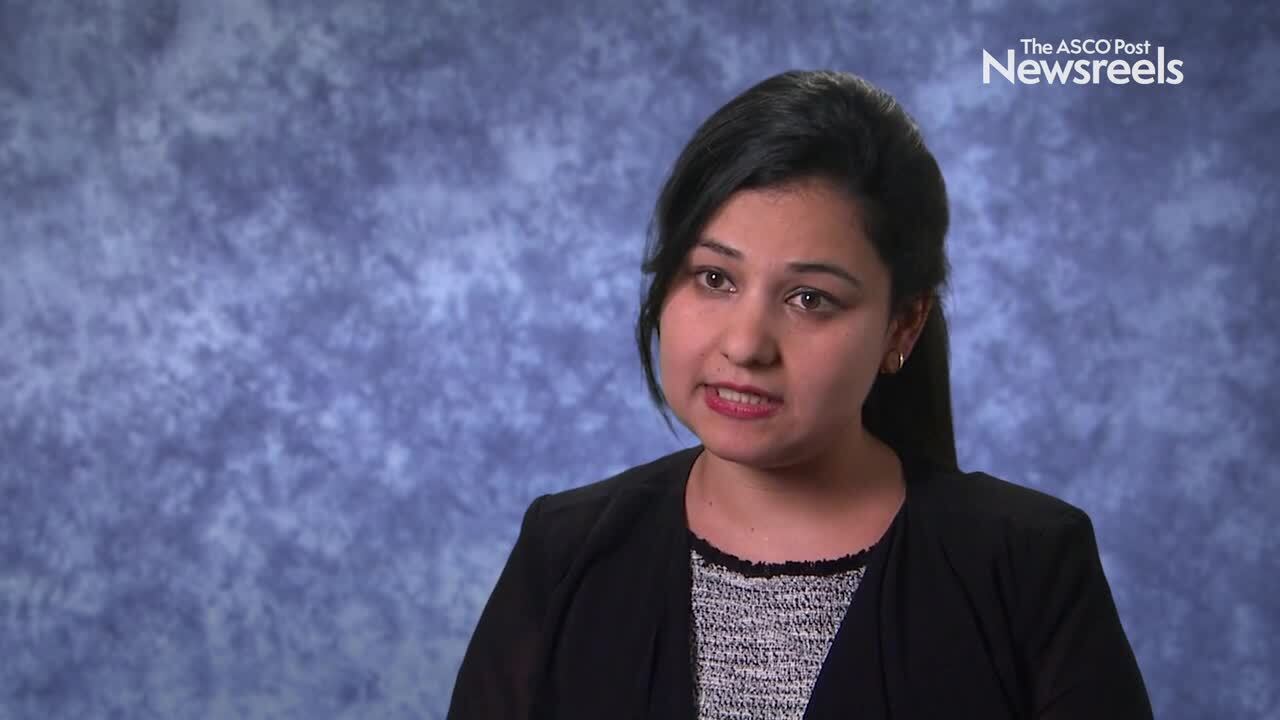Michael Kenneth Keng, MD, on an ASCO Quality Training Program: 5-Year Review
2019 Quality Care Symposium
Michael Kenneth Keng, MD, of the University of Virginia, gives a status update on this international program, and discusses future initiatives which include coaching mentorship and publishing articles on quality care (Abstract 7).
Karen M. Winkfield, MD, PhD, of the Wake Forest Baptist Medical Center, discusses cultural factors that contribute to cancer care disparities, the role of national policy in addressing inequities in access to care, and what local institutions can do to improve the situation.
Lauren M. Hamel, PhD, of Wayne State University/Karmanos Cancer Institute, discusses her findings on the ways in which nonverbal behavior between doctors and patients of the same or different races can affect their relationship, quality of communication, and ultimately, perhaps outcomes as well (Abstract 169).
Linda D. Bosserman, MD, of City of Hope, discusses guidelines vs pathways, how to personalize pathways, integrated diagnostics, supportive care regimens, and financial guidance for patients with cancer.
Cristina Merkhofer, MD, MHS, of Fred Hutchinson Cancer Research Center, discusses study results showing that for patients with metastatic non–small cell lung cancer at her institution, enrolling in a therapeutic drug clinical trial was associated with a 47% lower risk of death, compared with not taking part in a trial (Abstract 137).
Mallika Sharma, MPH, of Seattle Cancer Care Alliance, discusses her findings that, by doing away with the many prior authorization denials based on administrative errors, providers may offer higher-value care by eliminating unnecessary anxiety among patients, administrative burdens, and increased costs (Abstract 9).





